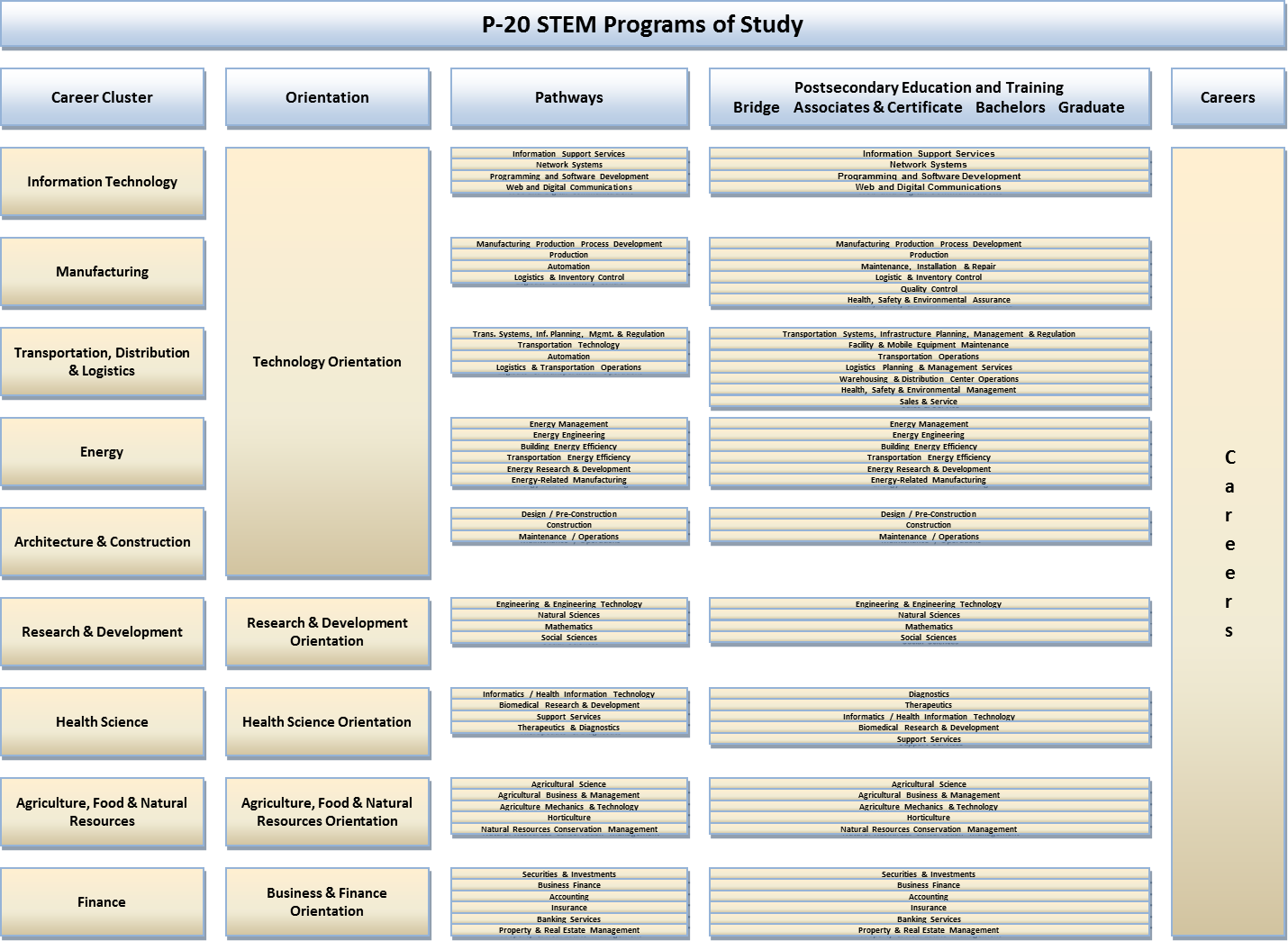
Helping Your Customers Stay Motivated and Engaged
Regardless of who you're working with, solving a career-related problem can be stressful, especially in today's job market. Job seekers can become "burned out" when they don't feel their search is getting anywhere. People in training programs may endure a lot of stress because of deadlines and strict penalties for failing. Low-income and dislocated workers may endure social stress from their situations.
That's why it's important to keep your customers motivated and engaged. You don't want them to become "burned out," miss opportunities, or develop an attitude of defeat. You want to make sure their mental and physical health do not suffer.
Working with Individuals
When you work with different types of people, it's important to find what inspires and motivates them to go on. This will vary for different groups and individuals. However, here are some examples of things to discuss with different groups. The below sections are by no means comprehensive, but they should help you get started with these groups of customers.
Young Adults Attending College/University
College students can be under a lot of stress. They have to deal with:
- Strict deadlines and penalties for failing.
- Difficult class material.
- Being under pressure to decide what they want to do with their lives relatively quickly.
- Uncertainty surrounding whether they will be able to find a good job and what they should do with their lives.
College may be more expensive than ever. However, in the long run, getting a college degree is worth it. Let them know they should keep going even when it gets tough. Once they're done with college, it will pay off. Wanting to do well is a major motivator in college, but it can be intimidating for some students. To motivate them, let them know that there's nothing wrong with getting help, and that they can do so through visiting their professor during office hours, meeting with tutors, and attending study groups. Above all, remind them to not be afraid.
When it comes to jobs, let them know the modern job search is all about standing out.4 This can help demystify the hiring process and get future grads excited about going out into the world.
Adults in Continuing Education or Training Programs
Continuing education, in this case, means any education an adult may pursue after they have left the formal education system. For example, this can include:
- Adults going back to school for a second degree or to finish a post-graduate degree
- Adults enrolled in adult education
- Adults enrolled in certification or license programs
- Adults enrolled in GED programs
Some people, in these programs, are likely trying to turn their lives around in some way whether that's switching careers, going in a career direction different than their initial degree, or completing education they never had a chance to finish. The hope for brighter days is what generally motivates them. When working with these customers, let them know that it's never too late to direct your life in a new direction.3 Let them know they shouldn't be ashamed for not deciding while they were a young adult. Tell them to avoid dwelling on their past, and look toward their future instead. Let them know that they shouldn't be ashamed of any mistakes they may have made as you can always learn from them.
If you're working with older adults going back to school, they may be older than most of their fellow students. Remind them that pursuing education, at an older age, does not make them a "failure" or "pathetic." Everyone in education is there for one reason – to learn – and there's no shame in doing so later in life.
When you work with these customers, they may be afraid or anxious. Remind them that fear is a natural part of dramatic changes in their life.3
College Grads
Being a recent college grad in the 21st century can be hard. Grads have to enter an increasingly demanding workforce with no experience, deal with student loan debt in some cases, and much more. While some people graduate with job search experience, it's a whole new world for many others. Being in a situation like this can be overwhelming and intimidating. Many new grads find themselves "lost" without a clear direction.
The first thing you should take into account when working with young college grads is the general values and outlook of the millennial generation. First, millennials are looking for more of a purpose in life, and many want to pursue a career that will be personally fulfilling. Instead of just looking for satisfaction through things like workplace incentives and rewards, they want to work at a job they love and that feels meaningful to them. According to Gordon Tredgold of Inc., 64 percent of millennials value working such a job over salary.1
Millennials are also generally looking for professional development. This means they want to feel like they are progressing in their work, rather than feeling stuck in a "dead-end job."
To keep up engagement, encourage new grads to create structure in their job search. They should have a clear goal in mind with steps for how they will get there. Have them set S.M.A.R.T goals and help them create a job search strategy.
Also, encourage them to find someone or something that inspires them. Ask them who their emotional support is. This means the people they feel the most comfortable going to during stressful times or who can serve as mentors or guides. "Going it alone" is a common ideal in Western culture, but it doesn't always work in practice. At the end of the day, some people need others to stay motivated.
Dislocated Workers
A dislocated worker is a worker who has lost their job, or is about to, and is at risk of being unable to support themselves. Workers can become dislocated after being laid off due to the economy, natural disasters, or other factors.
They may need to upgrade their skills to work in their industry again. They may even need to make a career change if their previous industry is experiencing a downturn.
Use our Laid Off Worker Resources to get started with these customers. Then give your customer guidance on how they can explain their employment gap. Ask them what they have been doing in the meantime. Often times, people choose to do interesting things while they're unemployed.2 Ask the customer to really dig into their experiences and look for information they would be able to highlight in a resume, cover letter, LinkedIn profile, or interview. For example, recruiter Jenny Foss remembers talking to people who did the following:2
- Made and sold jewelry
- Volunteered for a nonprofit
Also, give your customer ideas of what to do when they're unemployed. For example, encourage them to network and get in touch with their contacts. Have them stay engaged by emphasizing their continuing interest in their career. This will let their contacts know that they're still passionate about their career and that they want to get back into the workforce as soon as possible.
Adults Making a Career Change
Making a career change is full of uncertainty. No matter which stage of life your customer is at, deciding you're going to enter a new field can be frightening.
People change careers for a variety of reasons. Here are a few examples:
- Burnout – The person may have gotten tired of the industry they're working in. The work may no longer be satisfying for them.
- Poor Outlook – The job may be on its way out. The person may be making a change because they feel they're in danger of losing their job. They will want to switch to an industry that has a better outlook.
- Lack of Advancement – Sometimes people become bored if they're only staying in one spot and not being promoted. If the job feels like a "dead end," it can make people want to change careers. They may feel like a "cog in the machine" instead of a valuable employee.
- Boredom – This is closely related to the above point. Many people change careers because the work no longer interests or challenges them. This may even happen to high-status professionals who can't be promoted any higher. They may want to start again in a new industry.
- Money – The person may feel their current job doesn't pay enough to sustain the life they want.
When you work with these people, let them know that a career change is possible. Even some of the most unlikely career changes have successfully worked out throughout history. A good example is Colonel Sanders, who didn't start his restaurant business until he was in his 60s.
You can find some other inspiring stories of career changes in The Muse. Have your customer read some of these stories then urge them to have a plan for how they will make the change. Be sure to let them know that they should never quit their current job without a plan. Also, tell them about career coaching and how it can help them during their career change.
Individuals in Difficult Financial Situations
It's likely that you'll work – at some point – with low-income individuals, people under financial stress, and people struggling with financial issues. In this case, you may need to take a different approach when working with these customers.
Living in poverty can lead to a person developing a different worldview and/or a different set of social values. When you work with these customers, try to look at the situation through their eyes, and find what inspires and motivates them to go on. To further prepare, research the cycle of poverty. This might provide you with insight into poor communities and give you a new perspective.
Sources
2https://www.themuse.com/advice/what-every-unemployed-person-needs-to-know-about-getting-hired-again
3https://www.themuse.com/advice/4-important-career-lessons-youre-never-too-old-to-learn
4https://www.themuse.com/advice/12-pieces-of-advice-for-new-grads-that-everyone-should-take
